
VIDEO: Author Paul Heideman on Rogue Elephant
In this new interview, Paul Heideman talks Trumpism and the Republican Party

In this new interview, Paul Heideman talks Trumpism and the Republican Party

Ernest Mandel on the turning points of World War Two, including the "key battle" of Stalingrad.

Christian Laval, co-author of The Choice of Civil War, on the escalation of the neoliberal order through the Trump administration's total war.
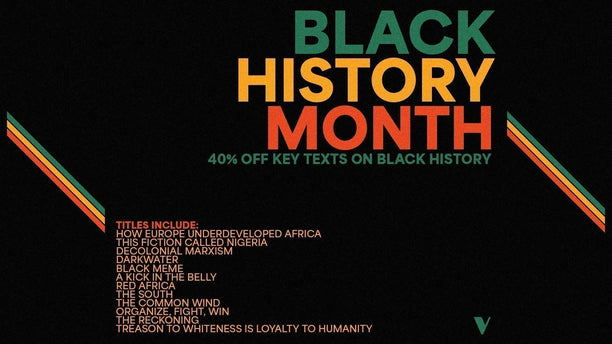
40% off key titles on Black History and Black Liberation
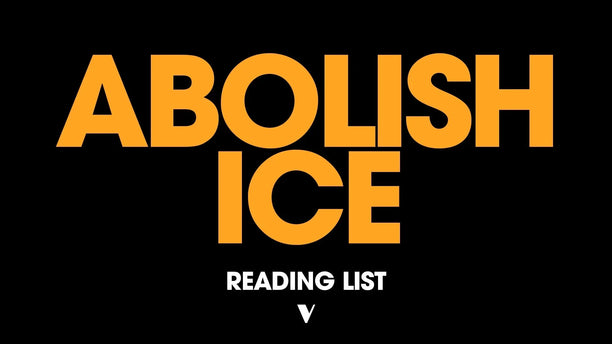
The targeting of immigrant communities has reached extraordinary new levels of shamelessness, drawing activists to the streets in protest and sparking fiery confrontations against the state's militarized police forces. These books were selected to provide histories of immigration enforcement and philosophies of division and pacification.
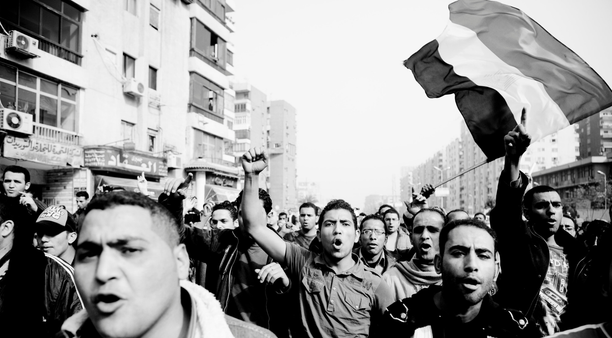
On the anniversary of the 2011 Egyptian Revolution, journalist Hossam el-Hamalawy discusses its legacy and the impetus for his forthcoming Counterrevolution in Egypt.
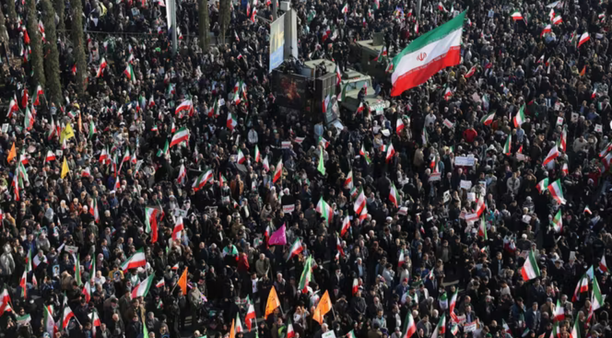
Ayça Çubukçu offers a sharp critique of "campist" left politics and discusses the potential for an internationalism from below.

Eman Basher and Ahmed Masoud will join the Verso Book Club Reading Group to discuss Palestinian poetry, education, and resistance.

Watch Tariq Ali in conversation with Aaron Bastani on Novara Media as they discuss the ways we remember - and misremember - the 20th century

Read the latest works from the author of the bestseller A Philosophy of Walking.
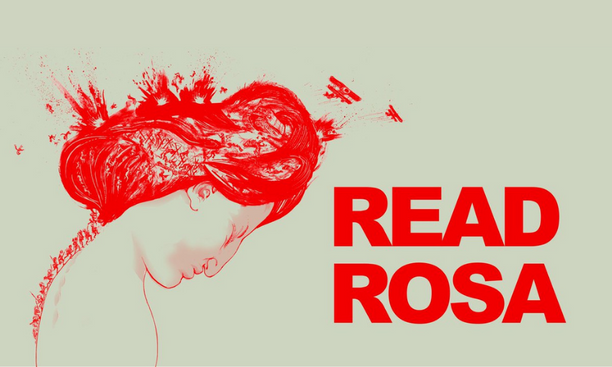
Books on and by the great revolutionary and theorist.
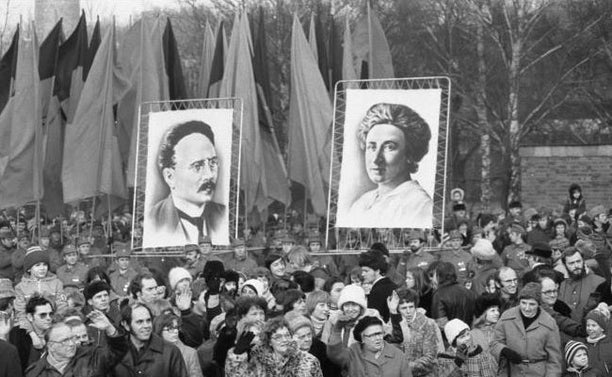
In this interview from 2019, marking the 100th anniversary of the murder of Rosa Luxemburg and Karl Liebknecht, Klaus Gietinger is interviewed about the events that lead up to the murders, and who was responsible for them.